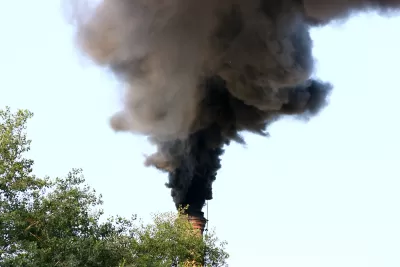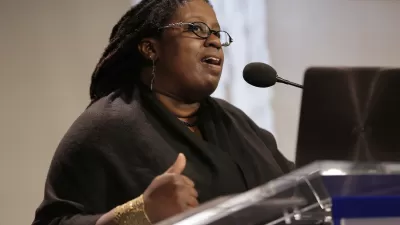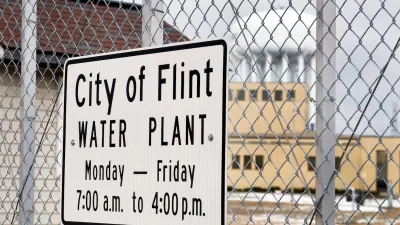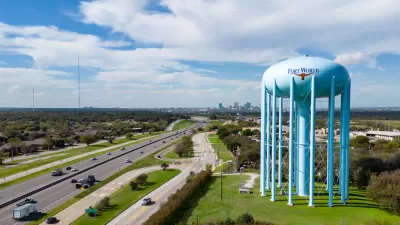Civil rights activists celebrate a legal settlement that will require the state of Michigan to prevent hazardous waste and other industrial facilities from disproportionately polluting lower income and predominantly Black and brown communities.

According to an article in Detroit Metro Times, “Environmental activists reached a ‘groundbreaking settlement’ with Michigan regulators following a civil rights complaint over the state’s disproportionate licensing of hazardous waste facilities in predominantly Black, brown, and lower-income neighborhoods.” The settlement is regarding a complaint filed in 2020 by the Sierra Club, Michigan Environmental Justice Coalition, and residents who live near U.S. Ecology North facility in Detroit when the company decided to renew its license and permit to increase hazardous waste storage capacity, reports article author Steve Neavling. “The Great Lakes Environmental Law Center, which represented the group, argued that it was unfair to permit more hazardous waste storage in a neighborhood that is predominantly composed of lower-income residents and people of color,” Neavling writes.
Under the settlement agreement, residents near hazardous waste facilities will receive stronger protections. The Michigan Department of Environment, Great Lakes, and Energy will now be required to use a federal mapping tool called EJScreen that identifies areas facing environmental risks and challenges with the goal of preventing hazardous waste and other industrial facilities from disproportionately polluting lower-income communities or communities of color. The agreement also requires EGLE to work with communities to identify the most effective metaphors for gathering input, provide translation and interpretation services for communities with limited English proficiency, and install air monitors around U.S. Ecology North to gather and publish public air quality data.
This is a big win for lower-income, predominantly Black and Brown communities in Detroit that have been disproportionately impacted by the siting of polluting factories and waste storage facilities, the article says. “For decades, Michigan’s communities of color have been the dumping ground for hazardous waste from across the country … This settlement agreement commits Michigan to putting an end to this legacy of environmental racism by centering the community in the hazardous waste licensing process through the use of Michigan’s environmental justice screening tool to conduct environmental justice and cumulative impact analyses,” Nick Leonard, executive director of the Great Lakes Environmental Law Center, told the Metro Times.
FULL STORY: Michigan regulators settle civil rights case over environmental racism in Detroit

Planetizen Federal Action Tracker
A weekly monitor of how Trump’s orders and actions are impacting planners and planning in America.

Congressman Proposes Bill to Rename DC Metro “Trump Train”
The Make Autorail Great Again Act would withhold federal funding to the system until the Washington Metropolitan Area Transit Authority (WMATA), rebrands as the Washington Metropolitan Authority for Greater Access (WMAGA).

DARTSpace Platform Streamlines Dallas TOD Application Process
The Dallas transit agency hopes a shorter permitting timeline will boost transit-oriented development around rail stations.

Renters Now Outnumber Homeowners in Over 200 US Suburbs
High housing costs in city centers and the new-found flexibility offered by remote work are pushing more renters to suburban areas.

The Tiny, Adorable $7,000 Car Turning Japan Onto EVs
The single seat Mibot charges from a regular plug in about as much time as an iPad, and is about half the price of an average EV.

Supreme Court Ruling in Pipeline Case Guts Federal Environmental Law
The decision limits the scope of a federal law that mandates extensive environmental impact reviews of energy, infrastructure, and transportation projects.
Urban Design for Planners 1: Software Tools
This six-course series explores essential urban design concepts using open source software and equips planners with the tools they need to participate fully in the urban design process.
Planning for Universal Design
Learn the tools for implementing Universal Design in planning regulations.
Roanoke Valley-Alleghany Regional Commission
City of Mt Shasta
City of Camden Redevelopment Agency
City of Astoria
Transportation Research & Education Center (TREC) at Portland State University
US High Speed Rail Association
City of Camden Redevelopment Agency
Municipality of Princeton (NJ)





























